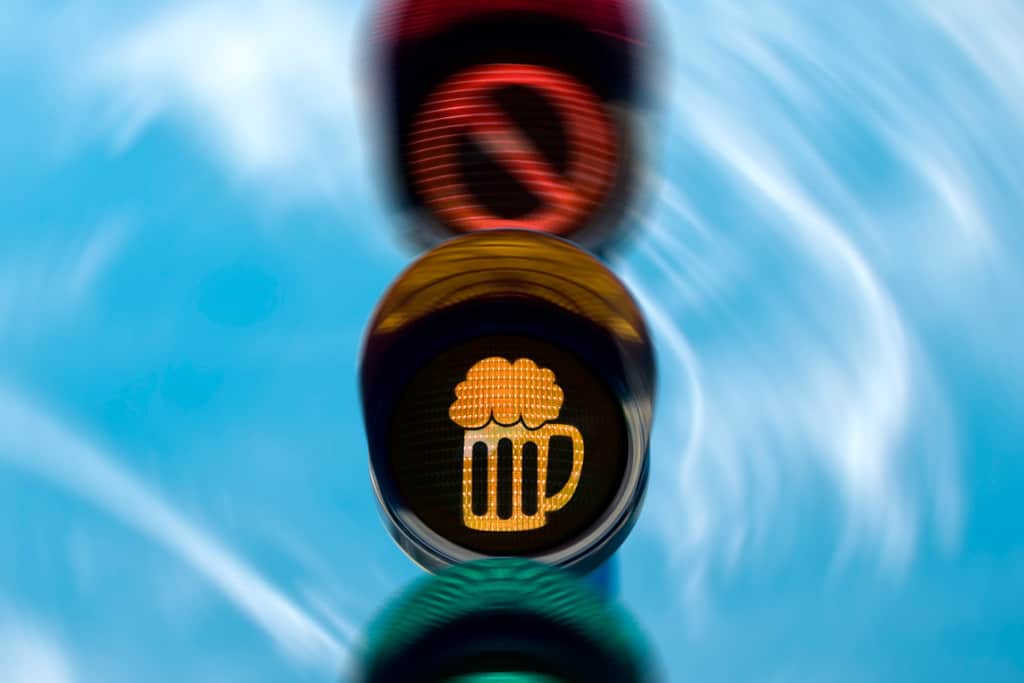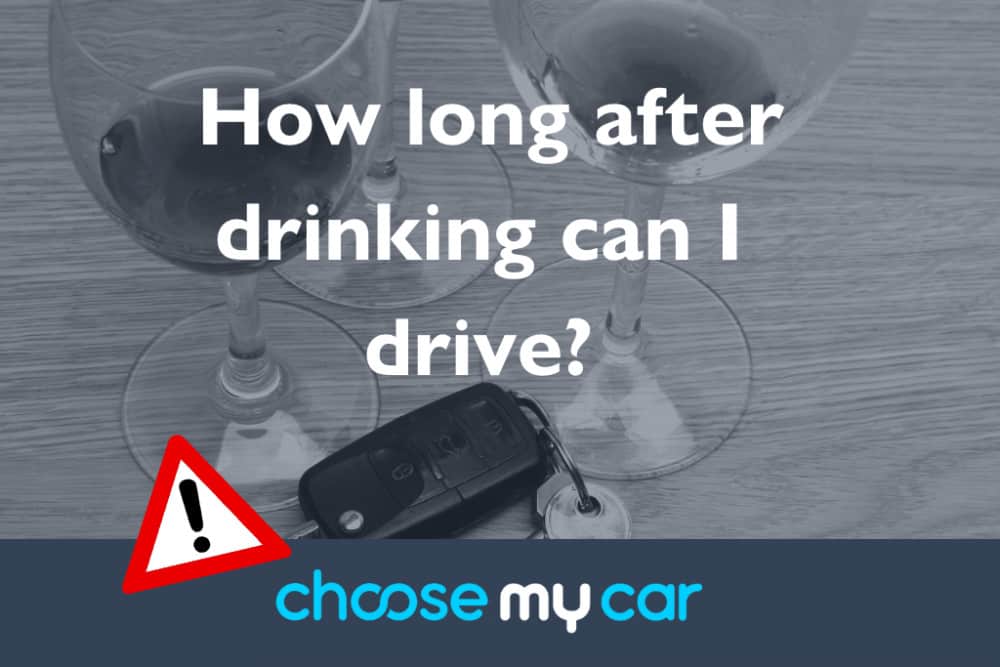The festive season is upon us. It’s time for gathering with friends and having a jolly time eating, laughing, dancing, and for the adults, drinking.
Now we just want to quickly put in here that you do not need to drink in order to have a good time! It’s easy enough to enjoy an evening down the pub without drinking a drop of alcohol. But the British aren’t exactly known for their sobriety. That being said, safety must always come first. So if you’re planning on drinking this festive season, there are a few things you need to stay safe.

Can you drink and drive?
Don’t forget that it’s illegal to be drunk behind the wheel. If you’re caught doing so, it will have huge implications on your life, with fines and points on your licence, but not only that, you put everyone on the road at risk. A fine and a few points on your licence are the least you can hope for should you get into an accident. Drunk drivers don’t just injure themselves, they hurt other people.
It’s important to note that drunk driving doesn’t always occur when you yourself feel drunk. You may feel fine, but that doesn’t mean you’re under the limit to get behind the wheel. A single pint can reduce your reaction times and reduce your alertness, so even if you don’t notice a difference, there will be one. The UK legal limit is 80 milligrams of alcohol per 100 millilitres of blood. It can be extremely difficult to determine if you’re not a blood scientist at the bar with all your equipment, so generally speaking, it’s one pint of beer or a small glass of wine. If you want to be sure, you can carry a breathalyser kit in your vehicle. They’re relatively inexpensive and easy to order online.
The one thing to keep in mind is that if you’re not sure if you are under or over the limit, be safe, not sorry. Get a taxi home.
How long after drinking can I drive?
It’s a good question. You would be surprised at the number of people that are pulled over the morning after a night out and are penalised for drink driving. Boxing Day and New Year’s Day are perhaps surprisingly very popular days for receiving drink driving fines. But if you’ve waited until the next morning before driving, surely you’re under the limit and safe to do so?
Well, no.
Each person is different. So depending on who you are and how your body processes alcohol, it may take 12 hours or more for your body to be deemed safe to drive. There’s no way to speed up or slow down how fast your body processes alcohol. So drinking a few litres of water and a big hearty breakfast in the morning doesn’t deem you safe to drive either. It can be quite difficult to determine when it is safe for you to drive. There’s no fail-safe or rule that you can abide by. If you’re unsure, don’t drive. However, we do recommend having a breathalyser – it’s one way to give you some moral reassurance that you’re doing the right thing.
The NHS informs us that on average it takes one hour to break down a single unit of alcohol. Now, counting units is not the same as counting pints, in fact, it’s very different. A can of Fosters beer is roughly 1.75 units. To calculate a unit of alcohol, you need to multiply the volume of alcohol (for example 500ml) by the strength of the alcohol (for example 4%) then divide it by 1000. 4 x 500 = 2000. Divide that by 1000 and your answer is two. The alcohol would be two units, meaning on average it would take two hours to leave your system. Probably a lot longer than you anticipated.
It means that the ‘overnight’ old wives tale is incredibly wrong. A heavy night of drinking, and only six hours of sleep? Definitely not ready to drive!
Now, we don’t expect you to sit there with a calculator all night trying to figure out how many units you have drunk, and therefore how long you must wait until driving. But being aware of these facts could be the decision between driving or not. You may feel okay to drive, have a quick think about the units you have had, and then realise you wouldn’t be under the limit and grab a taxi instead. If you don’t have a breathalyser in your car, it can be very useful to have a quick think to know if you’re safe or not.
There are plenty of other myths out there, not just ‘sleep it off and you’ll be fine the next morning’. A cold shower won’t sober you up, neither will coffee, and food doesn’t soak up the alcohol.
Want to know more about how many units is the drink drive limit in the UK?






